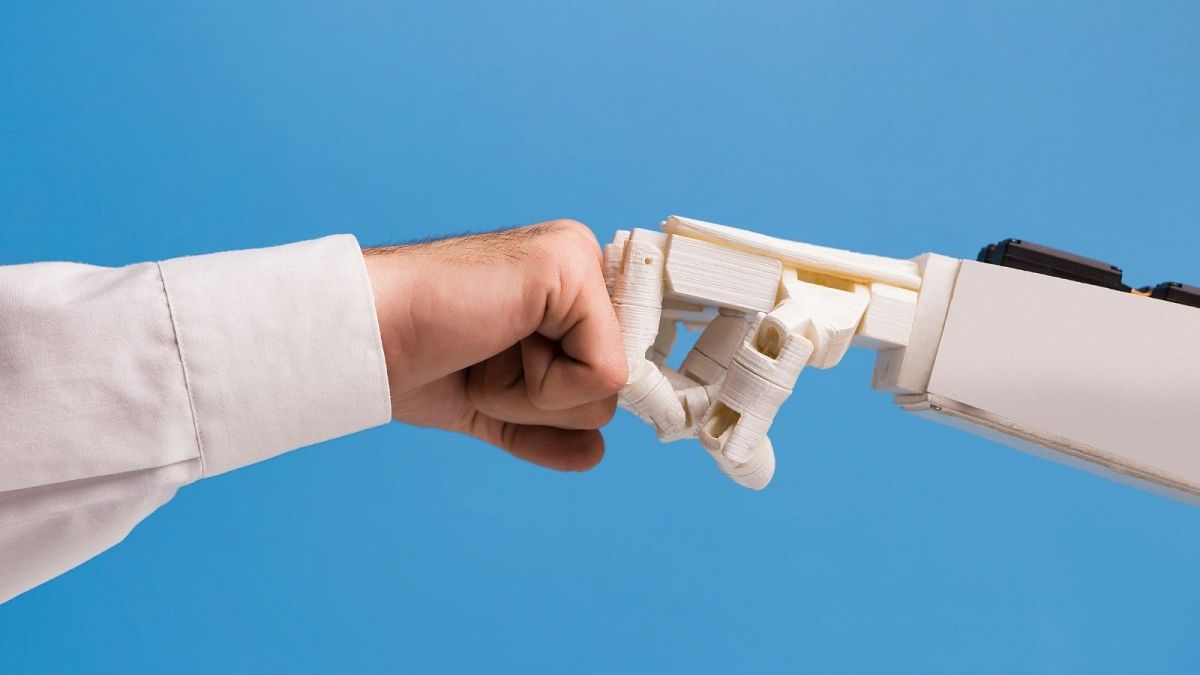Scientists have found that humans pay less attention to their work when they think robots have already checked it.
Robots are increasingly being used in the workplace to assist humans with tasks, but when humans partner with robots, they tend to pay less attention to their work, according to a new study from the Technical University of Berlin.
The study simulated a scenario in which participants were tasked with checking circuit boards for defects.
Half of the study participants were told a robot called Panda had inspected the circuit boards first. They had seen and could hear the robot as they worked. Participants were then asked to rate their performance effort.
“Teamwork is a mixed blessing,” said Dietlind Helene Cymek, first author of the study, in a statement.
“Working together can motivate people to perform well but it can also lead to a loss of motivation because the individual contribution is not as visible.”
“We were interested in whether we could also find such motivational effects when the team partner is a robot,” she added.
The results, published in the journal Frontiers in Robotics and AI, showed that humans working alongside robots were more likely to exhibit “social loafing”.
‘Social loafing‘: Why do we become less productive in a team?
“Social loafing” occurs when an individual exerts less effort when working in a team compared to working alone.
This concept was initially researched in 1913 by Max Ringelmann, a French professor of agricultural engineering, who first observed the phenomenon during a rope-pulling experiment.
"Social loafing" can be explained by the fact that people are less likely to feel personally accountable for the outcome of a task when they are working in a team.
The study's authors suggest that the decrease in productivity observed in their experiment could be explained by "a change in motivation in shared task settings".
While there was no difference in time spent and effort expended by both groups of participants, the researchers found that those who thought that they were working with the robot caught fewer defects later in the task.
“It is easy to track where a person is looking, but much harder to tell whether that visual information is being sufficiently processed at a mental level,” said Dr Linda Onnasch, senior author of the study. It could be that participants subconsciously assumed the robot hadn’t missed any defects.
One of the limitations of the study was that the participants did not work directly with the robot and also knew they were being watched as part of the study.
Researchers are interested to know if this phenomenon translates to real-life situations as "social loafing" can in some circumstances have serious consequences.
A study in 2007 focussed on the risks associated with human-automation interaction in aviation.
It emphasised that breakdowns in pilot-automation coordination could lead to errors.
So, effective training, procedures, and feedback are necessary to ensure the safe and effective use of automation in the workplace.



